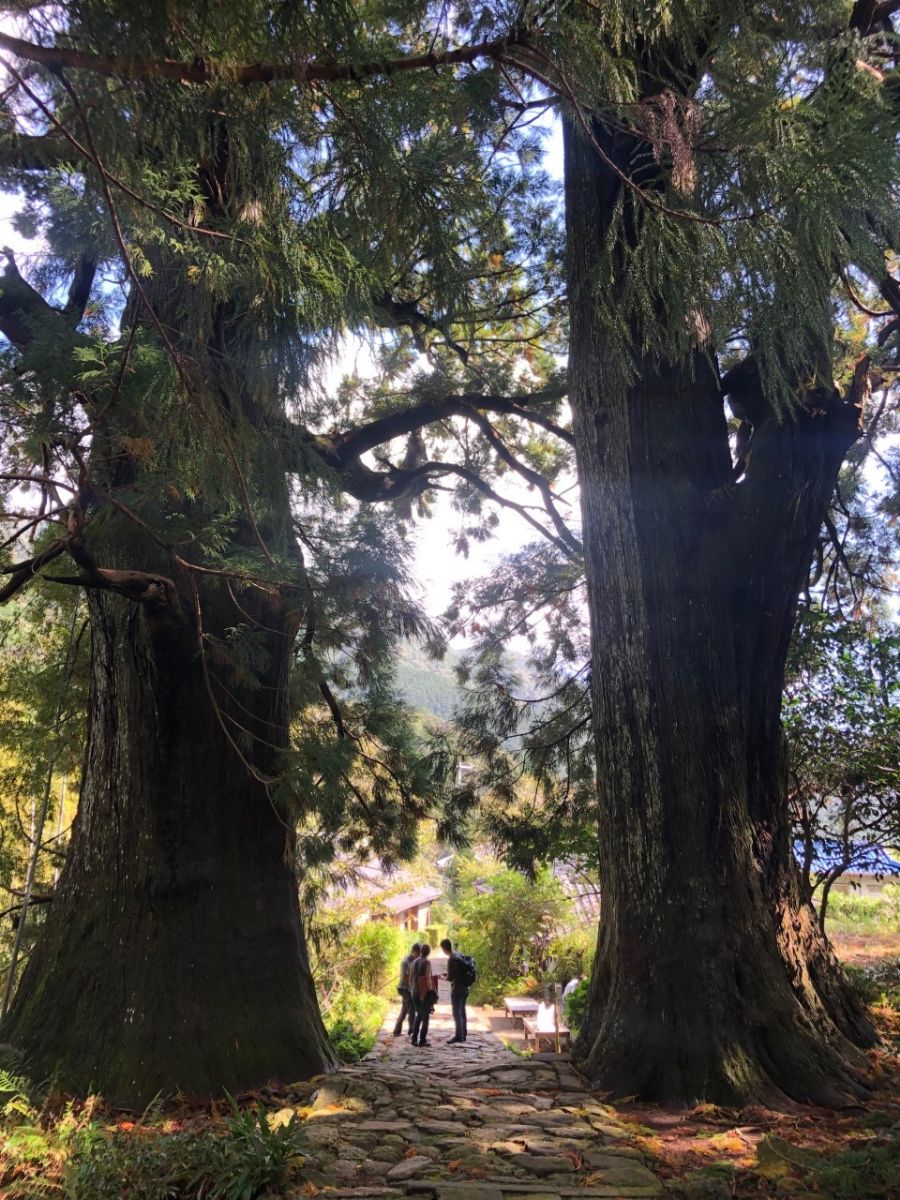Jebel Sarhro
Key information: Jebel Sarhro 
- A dry, severe, fiercely beautiful range south of the High Atlas, the transition to the Sahara.
- There is a huge selection of walking from tough multi-dayers to day-explorations.
Walkopedia rating
- Walkopedia rating85.5
- Beauty31
- Natural interest15.5
- Human interest8
- Charisma31
- Negative points0
- Total rating85.5
Vital Statistics
- Length: Variable
- Maximum Altitude: 2,712m
- Level of Difficulty: Variable
This walk description page is at an early stage of development, and will be expanded over time. Your comments on this walk, your experiences and tips, and your photos are very welcome.
WALK SUMMARY
The Jebel Sarhro, at the east end of the Anti-Atlas and south of the High Atlas, are a large, dry, severe, fiercely beautiful range and the transition to the Sahara on to the south. This is a very different landscape from the High Atlas, with flat mesas as well as volcanic contortions and deep gorges; the valleys are still cultivated, but this is wilder, emptier land.
There is a huge selection of walking (some would argue better even than the Jebel Toubkal area), from tough multi-dayers to day-explorations, although 5 days upward will get you into the wild heart of the range. Trekking is very undeveloped here – you can hire a guide and mules and agree what you want, and set off. There are various places you could launch from, but N’kob to the south-west of the range is an excellent walking base and start-point for longer treks, with guides and mules easily available.
You can cross the range (north-south) from Tagdilt to N’Kob in 5 or more days.
You can explore deep into the eastern range, from N’Kob to Ikniouln, in 5 days + with peaks over 2,300m to bag. A shorter (2-3 day) south-north version links the villages by the 2,283 Titi’n Tazazert.
Heading north-west of N’Kob, climb up the long Hanedour Valley, then swing north-east to cross the high Tadout n’Tablah plateau to the village of Igli and back in 5 days or so. Easily extended.
You can add peaks to treks to adjust the challenge level to your tastes. Peaks include Amalou n’Mansour, at 2,712m the highest point in the range, Bou Gafer and Jebel Amlal.
Bab n’Ali to the north of N’Kob is a fantastical area of spires and rocky outlandishness. The Taggourt Plateau and the Tête de Chamaux cliffs, both near Igli, are also worth visiting.
The Sarhro are excessively hot in Summer, so Spring, Autumn and Winter are the best times to go (winter is clear and beautiful but gets bitterly cold at night). All supplies, including water, will need to be carried. Camping is the only option in much of the region.
Lonely Planet’s Morocco is good on the country, and has reasonable basic information on this area, find on Amazon.
This page is at an early stage of development. Please help us by recommending your best walks and making suggestions and sending photos! Thank you!
Other accounts: share your experiences
Your comments on this walk, your experiences and suggestions, and your photos are very welcome. Where appropriate, you will be credited for your contribution.
Safety and problems: All walks have inherent risks and potential problems, and many of the walks featured on this website involve significant risks, dangers and problems. Problems of any sort can arise on any walk. This website does not purport to identify any (or all) actual or potential risks, dangers and problems that may relate to any particular walk.
Any person who is considering undertaking this walk should do careful research and make their own assessment of the risks, dangers and possible problems involved. They should also go to “Important information” for further important information.
Anyone planning an expedition to this place should see further important information about this walk.
Responsible travel matters, a lot. How you travel will make a real difference - for better or worse. PLEASE consider this when making plans. Read more






